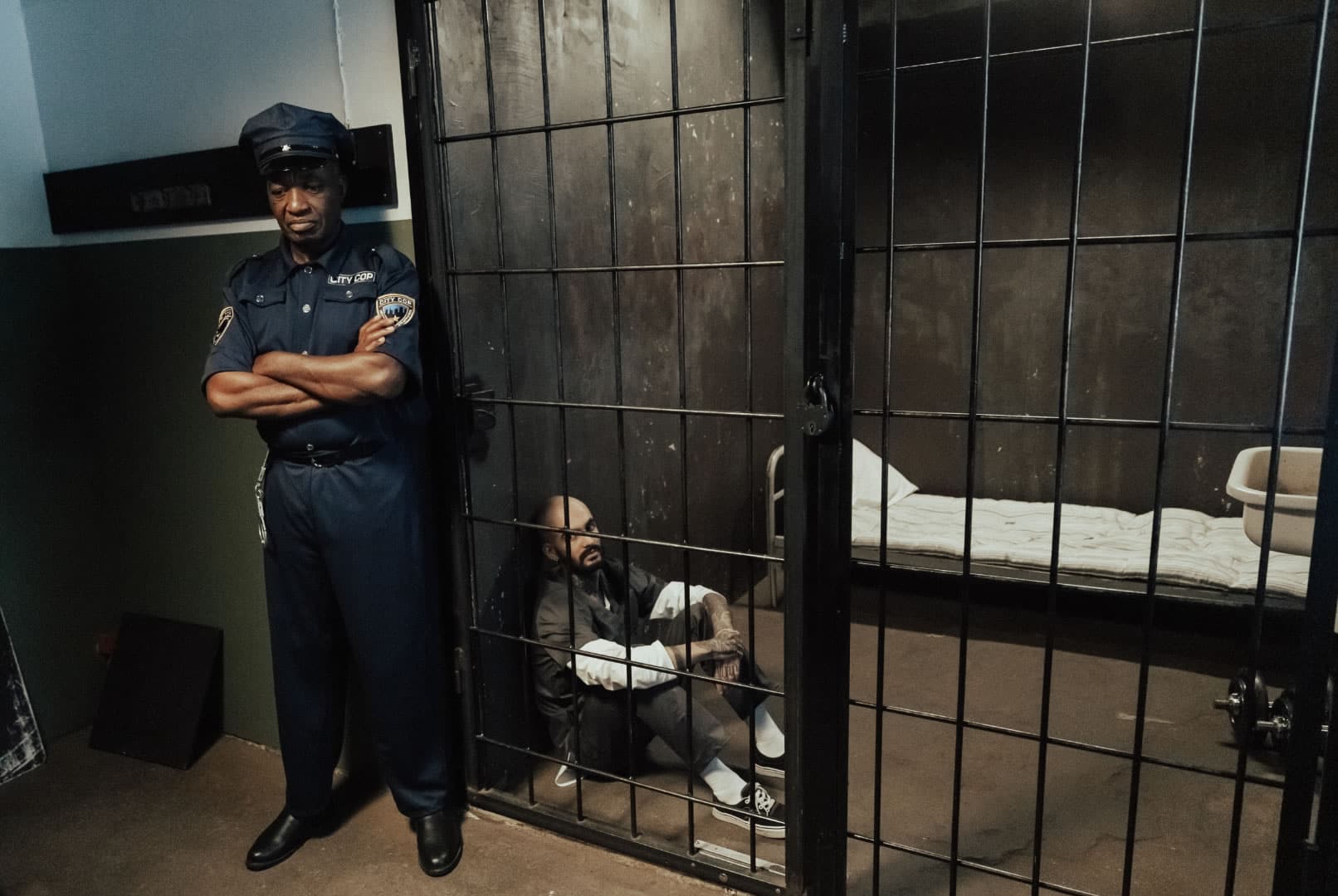What are your rights when interacting with police?
Interacting with law enforcement can be a daunting experience, but it’s crucial to be aware of your rights during such encounters. Understanding these rights can help protect your interests and ensure fair treatment. In this article, we will implore to know your rights police encounters the fundamental rights you possess when interacting with the police.
- The Right to Remain Silent: One of the most fundamental rights you have when interacting with the police is the right to remain silent. You are under no obligation to answer any questions beyond providing your identification. It is advisable to exercise this right, as anything you say can be used against you later in court. Politely inform the officer that you choose to remain silent and would like to consult an attorney before further discussion.
- The Right to Refuse Searches: You have the right to refuse a search of your person, belongings, or property if the police do not have a valid search warrant. However, remember to communicate your refusal calmly and respectfully. If the officer insists on conducting a search, do not physically resist, as it can lead to legal consequences. Instead, clearly state that you do not consent to the search but do not impede the officer.
- The Right to Privacy: Your privacy rights extend to your home, vehicle, and personal belongings. In general, the police need a search warrant issued by a judge to search your property. However, there are certain exceptions, such as if they have probable cause to believe a crime is being committed or if you consent to the search. Be cautious and aware of your rights before granting consent to avoid any unnecessary intrusion.
- The Right to Record: In many jurisdictions, it is legal to record police officers performing their duties in public spaces. Recording interactions with the police can help provide evidence and ensure transparency. However, it is essential to check local laws and regulations regarding recording in your specific area, as they may vary. If you choose to record, do so from a safe distance and avoid interfering with police activities.
- The Right to an Attorney: If you are arrested or taken into custody, you have the right to an attorney. This right ensures that you have proper legal representation and advice during questioning or any legal proceedings. Requesting an attorney is an important step to protect your rights and ensure a fair process. Remain firm in asserting this right and avoid answering any questions until your attorney is present.
Interacting with the police can be intimidating, but understanding your rights is crucial to protect yourself legally. Remember your right to remain silent, the right to refuse searches, and the right to an attorney. Stay calm, be respectful, and assert your rights in a non-confrontational manner. If you believe your rights have been violated, consult with a qualified attorney who can provide guidance and advocate for your interests.

